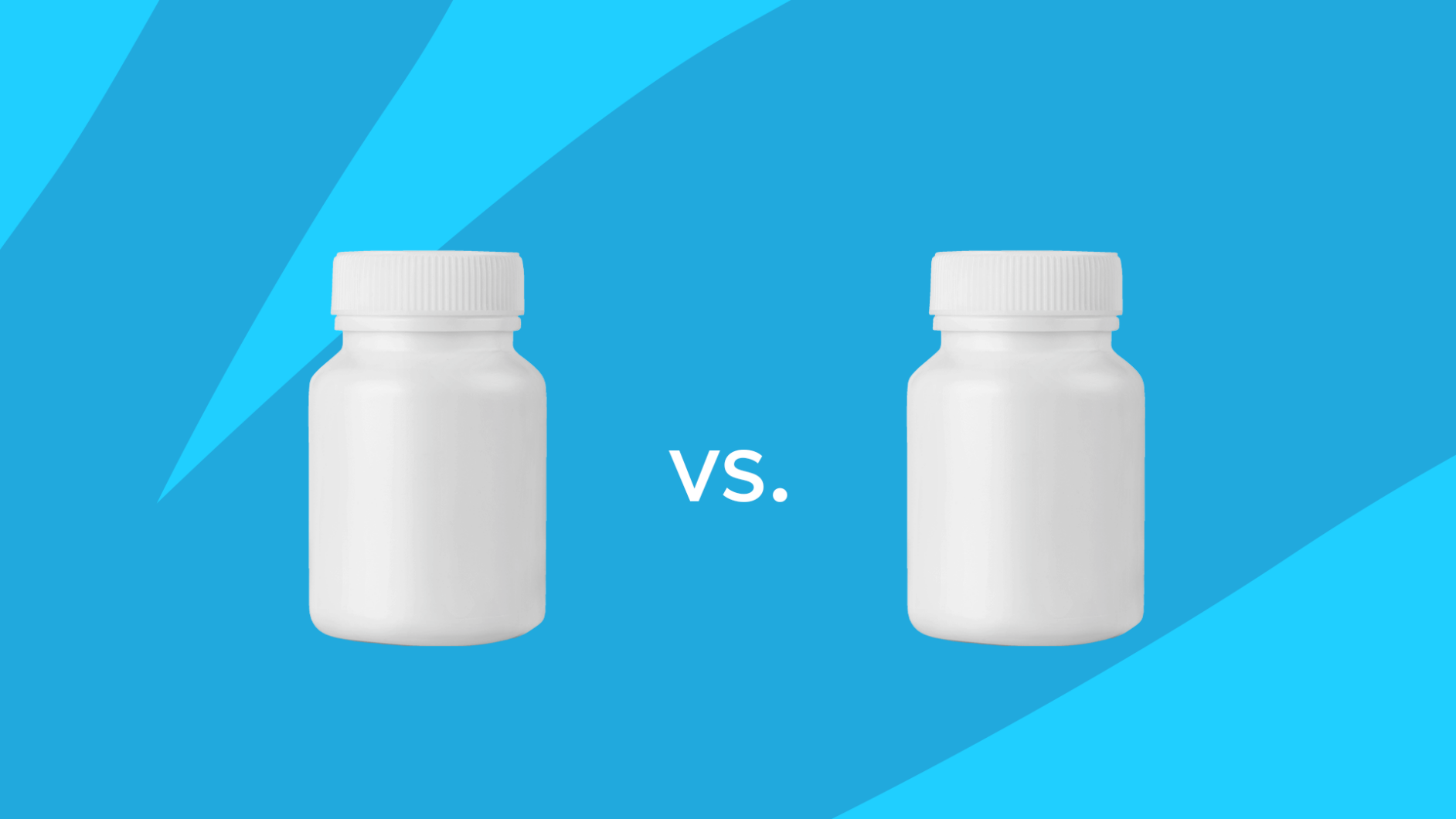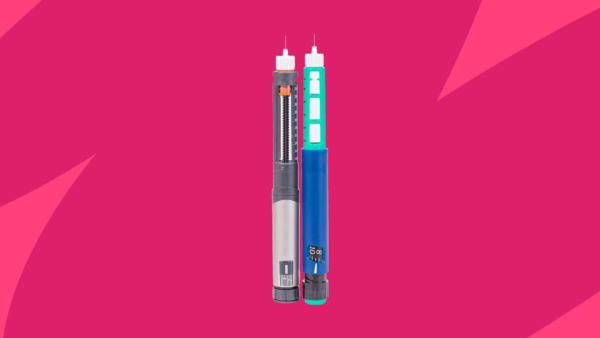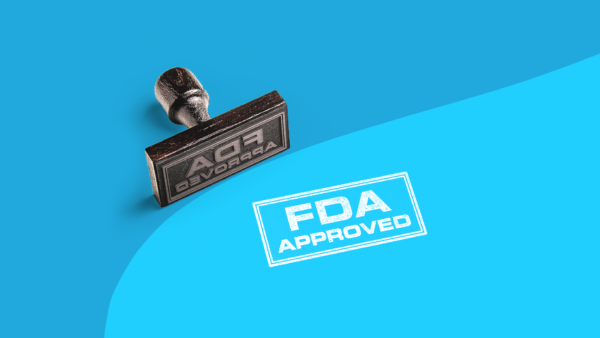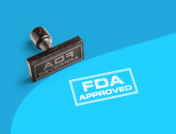Key takeaways
Both Motrin and ibuprofen contain ibuprofen as an active ingredient
Motrin is simply the branded version of ibuprofen
Both medications are NSAIDs and treat similar conditions and symptoms
Motrin and ibuprofen may have some different inactive ingredients
Usually, generic ibuprofen is cheaper than Mortin
There are many different kinds of painkillers on the market, and it can be difficult at times to keep track of which is which. For example, many people wonder, “Is Motrin the same as ibuprofen?” and “Does Motrin have ibuprofen in it?”
It’s common to feel unsure about the difference between these two medications. Part of the reason for this is because they actually both have the same active ingredient: ibuprofen. They also treat the same conditions. The difference is that when ibuprofen is sold generically, it’s sold simply as “Ibuprofen.” On the other hand, Motrin is a branded version of ibuprofen.
Here, we’ll take a closer look at the difference between Motrin and ibuprofen.
Is Motrin the same as ibuprofen?
The answer to the question, “Is ibuprofen the same as Motrin?” is yes … for the most part. They both use ibuprofen as their active ingredient and also both treat the same conditions and symptoms, such as pain and fever. They are both classified as nonsteroidal anti-inflammatory drugs (NSAIDs). Motrin is a branded version of ibuprofen, whereas ibuprofen is the generic version. Other currently available ibuprofen brands include Advil and Propinal, while discontinued brands include Addaprin, Dyspel, and Midol.
“From my experience in orthopedic medicine and patient care, I can clarify that Mortin and ibuprofen essentially refer to the same medication,” explains Robert McLaughlin II, MD, a board-certified orthopedic surgeon at Boston Concierge Orthopedics. “Ibuprofen is the active ingredient, while Motrin is a well-known brand name that contains ibuprofen.” Dr. McLaughlin says that you can think of ibuprofen as the key ingredient that’s providing you relief, and that will be the case whether you buy it as Motrin or in a generic version.
Okay, but are Motrin and ibuprofen the same in every way? Depending on which you buy, there may be some slight differences in inactive ingredients. For example, some inactive ingredients in Motrin include dyes like FD&C red no. 40 aluminum lake and FD&C yellow no. 6 aluminum lake. On the other hand, the inactive ingredients in the generic Equate Ibuprofen instead include the dyes iron oxide red and iron oxide yellow. In addition, these products are available as both tablets and gel capsules, which use different types of inactive ingredients in their production. Keep in mind that different generic versions of ibuprofen and Mortin may have different inactive ingredients.
Which is better: Motrin or ibuprofen?
For the most part, deciding whether to use Mortin or ibuprofen boils down to personal preference. “All ibuprofen drugs work the same way, they just differ in physical appearance, taste, inactive ingredients or ‘fillers,’ and sometimes the way they go down when swallowed,” says Thomas Pontinen, MD, a double-board certified anesthesiologist and pain management specialist.
Some people find certain inactive ingredients more appealing, Dr. Pontien says, and some people prefer to stay away from artificial coloring when possible. Other people may be allergic to an inactive ingredient and need to stay away from a particular brand, he adds.
“In my practice, I recommend that patients focus on the active ingredient concentration suitable for their needs rather than the brand,” Dr. McLaughlin says. “However, some patients may have preferences based on past experiences or the product’s form (e.g., liquid gels versus tablets), and that’s perfectly acceptable as long as the medication addresses their pain effectively.”
While there aren’t any studies specifically comparing Motrin with generic ibuprofen, there are several studies that have compared generic drugs with branded drugs, and these studies have found that both branded and generic are effective, Dr. McLaughlin notes.
In addition, there are other important oversights when it comes to branded vs. generic drugs. “The FDA ensures that generic medications undergo rigorous testing to match the brand names in dosage form, strength, safety, route of administration, quality, performance characteristics, and intended use,” Dr. McLaughlin says. “When consulting patients, I always emphasize this equivalence, suggesting that they can achieve the same relief at a potentially lower cost by choosing generics.”
What does Motrin and ibuprofen treat?
Both Motrin and ibuprofen are anti-inflammatory drugs (NSAIDs) and help people manage inflammatory conditions. “NSAID (non-steroidal anti-inflammatory drug) helps reduce inflammation and pain in the body,” Dr. McLaughlin says. Motrin and ibuprofen can be used to treat mild or moderate muscle aches and pains, rheumatoid disorders, fever, migraines, sore throats, toothaches, gout, menstrual cramps, and osteoarthritis.
“Ibuprofen and its branded forms are generally great at controlling inflammation and blocking the brain’s perception of pain,” Dr. Pontinen says. Motrin and ibuprofen are commonly recommended by physicians for musculoskeletal injuries, headaches, postoperative recovery, and various kinds of arthritis, he says. “NSAIDs, in general, are some of conventional medicine’s most effective drugs for the management of mild to moderate pain,” Dr. Pontinen describes.
Who should not take Motrin?
While Motrin and ibuprofen are safe for most people, there are certain people who should avoid them. “Some individuals who should talk to a doctor before taking ibuprofen include people who are pregnant, taking medication, experiencing gastrointestinal or kidney problems, diagnosed with liver disease, or those who have high blood pressure or heart disease,” says Dr. Pontinen. “It’s also best to avoid combining two different kinds of NSAIDs.”
In addition, people should avoid NSAIDs if they have NSAID or salicylate hypersensitivities or who have experienced an allergic reaction after using an NSAID. Also, keep in mind that dosing for children is different from dosing for adults, and infants under the age of six months should not take ibuprofen at all.
It’s also important not to make taking Motrin/ibuprofen a chronic habit. “If you experience any form of chronic pain, do not rely on this drug for long-term pain relief because it might be hard on your organs,” Dr. Pontinen advises. “It is better to work with a pain management specialist to create a strategy to resolve the issue in the long term and maximize your quality of life.”
You should also keep in mind that both Motrin and ibuprofen can have side effects at times. They are usually mild but can be severe in some individuals. Side effects may include:
- Digestive issues, like nausea, heartburn, stomach pain
- Faintness and dizziness
- Skin rash
- Tinnitus (ringing in ears)
- Serious side effects, such as stomach ulcers, kidney damage, shortness of breathing, swelling, severe diarrhea, hives, extreme fatigue, blurry vision, severe headache, fever, and racing heartbeat
You should promptly report any serious side effects to your healthcare provider. Moreover, whenever you are considering taking pain medication, you should consult with your healthcare provider beforehand. “I always ensure to have a detailed discussion with my patients about their medical history before recommending ibuprofen or any medication, emphasizing that while widely available, OTC medications are not suitable for everyone,” Dr. McLaughlin says.
Motrin vs. ibuprofen costs
For most folks, the main difference between Mortin and ibuprofen is price. “The primary difference often lies in the cost and the branding,” Dr. McLaughlin says. “Generics are typically more affordable and just as effective.”
Here’s what to know about the cost of Motrin, generic ibuprofen, and other similar painkillers.
Compare costs of over-the-counter pain relievers |
||
| Motrin | $8 for 100, 200 mg tablets brand-name Motrin | See latest prices |
| Advil | $16 for 80 capsules of brand-name Advil | See latest prices |
| Ibuprofen | $2 for 30, 200 mg tablets of generic ibuprofen | See latest prices |
| Tylenol | $7 for 100 tablets of brand-name Tylenol | See latest prices |
| Acetaminophen | $2 for 100 tablets of generic acetaminophen | See latest prices |
| Aleve | $14 for 100 tablets of brand-name Aleve | See latest prices |
| Naproxen | $6 for 60, 500 mg tablets of generic naproxen | See latest prices |
Drug prices change frequently. These are the most accurate estimates at the time of publishing. SingleCare coupons can only be used on over-the-counter medications with a valid prescription.
Sources
- Nonsteroidal Anti-Inflammatory Drugs (NSAIDs), StatPearls (2024)
- EQUATE IBUPROFEN- ibuprofen tablet, film coated, DailyMed (2022)
- Motrin IB-ibuprofen tablet, film coated, DailyMed (2023)
- Comparative effectiveness of branded vs. generic versions of antihypertensive, lipid-lowering and hypoglycemic substances: a population-wide cohort study, Scientific Reports (2020)
- Ibuprofen, StatPearls (2023)
- Ibuprofen Dosing Table for Fever and Pain, Academy of American Pediatrics (2023)
- Ibuprofen, MedlinePlus (2023)











